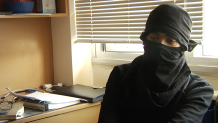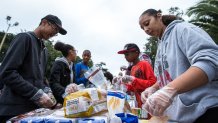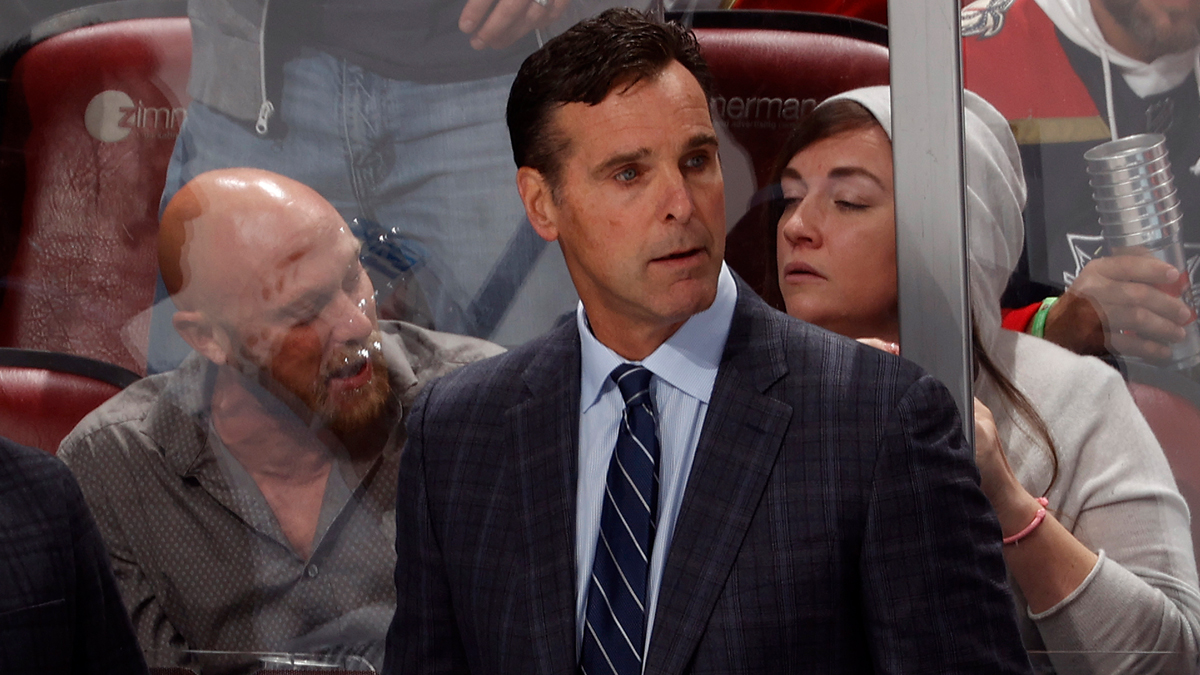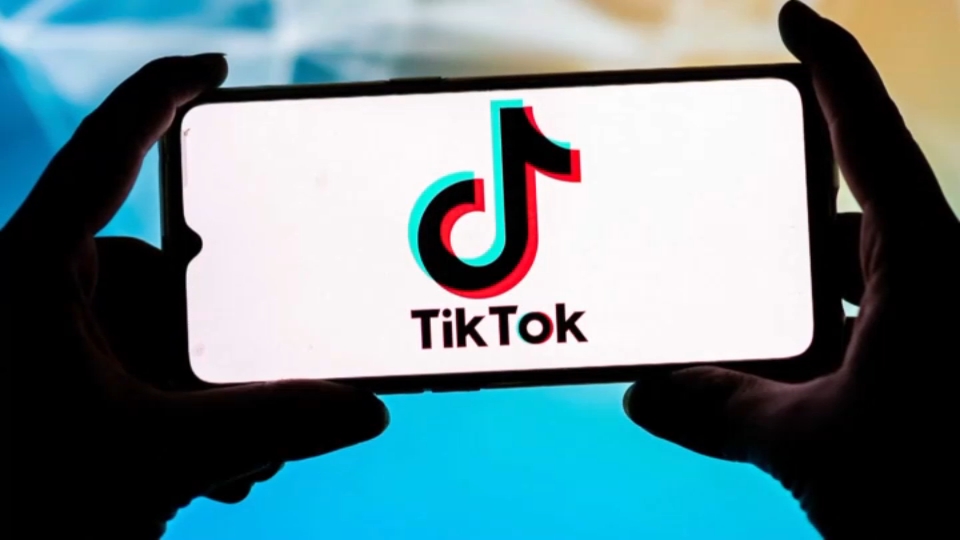The costs of keeping students safe at the University of California, Berkeley are at $1.4 million and rising amid a series of free-speech-on-campus protests and counter-protests, and police remain on alert. Much of the concern focuses on the Antifa movement.
Short for “anti-fascist,” it draws people clad in black, wearing masks, who say they are willing to use force to silence hate speech.
Daniel is a sophomore studying political science at a private Bay Area university. The 19-year-old asked to have his last name withheld so he could speak freely about his experience with the Antifa movement. He said he became involved two years ago, after becoming disillusioned with what he calls a corrupted American dream.

"These false promises we’ve been told throughout our lives that we just have to follow the American dream of working hard and things will be all right. We’ll get a middle class existence with house, lawn and the picket fence," Daniel said. "This promise, this future has never materialized, and we kind of realized that the system’s rigged against us and we need to do something about it."
NBC Bay Area sat down with several militant Antifa protesters, who spoke about their ideals, their concerns with the current state of the nation, and what they see as their legitimate use of violence.
Daniel said he attends political demonstrations to protest against hate speech and awaken Americans to what he considers a dangerous rise in fascist values. He acknowledges Antifa, short for anti-fascist, has become synonymous with attacks that include property destruction and countless street fights. But he says Antifa uses “defensive violence” in response to dangerous actions by extremist groups that espouse discrimination based on race, gender, or sexual identity.
Local
“You cannot rationally debate fascism. If someone cannot be rationally debated, you have no other choice but to use a show of force against him.”
Bonnie, an Antifa activist who spoke with NBC Bay Area during a rally outside an event on the Cal campus featuring conservative speaker Ben Shapiro, said she’s been harassed for being transgender.
“We don’t think fascism deserves free speech,” Bonnie said. “You give a platform to fascism, they will kill you. We want to shut that down before we get killed.”
While white supremacists and the alt-right are a main target of Antifa, those we spoke to in the movement believe that the entire system of government in the United States is corrupt. “We have so many issues with our economy, with our government,” says Bonnie. “It’s leaving homeless people behind, it’s leaving black people behind, it’s leaving gay people behind, it’s leaving trans people behind.”
White Nationalists and Antifa Skirmish in Berkeley
Fascism is usually associated with Adolf Hitler in Germany, Benito Mussolini in Italy—dictators who focused on national strength and a master race, and used force to put down opponents.
It’s unclear how many people are part of Antifa, because it’s not organized with a leader or members. "To borrow from millennial jargon," Daniel said, "Antifa is really more of a hashtag." Demonstrators use social media to monitor white supremacist activities and mobilize against them.
President Trump has condemned Antifa, and the U.S. Department of Homeland Security classified their activities as “domestic terrorism.”
“No one gets to use violence. I'm sorry. That's unacceptable,” professor Jonathan Roth said. Roth protested on the Berkeley campus in the 1970s. Today he teaches History at San Jose State University and studies anti-fascist groups. The Fulbright scholar believes Antifa and fascists are fringe groups, comprised of fewer than 10,000 followers. “Hate speech is a bad thing, but there is absolutely nothing that justifies their using violence. And in so far as they use violence, they're thugs,” says Roth.
In August, Berkeley mayor Jesse Arreguin said Antifa should be treated as a street gang. But he wouldn’t agree to be interviewed by NBC Bay Area about his position, and when asked if he has backed off his original comments about Antifa being treated as a gang, the mayor walked into a private room at City Hall without answering. When asked if Antifa could be considered a gang under California law, the Berkeley Police Department and Alameda District Attorney’s office both declined to comment.
Daniel and his friend Victor said while violent acts by Antifa garner headlines, the majority of their activism is focused on their community. They invited NBC Bay Area to a Sunday morning event bagging lunches for the homeless with the East Oakland Collective.

“I usually focus more on community service than I do being militant in the streets,” Victor said.
Daniel said he will keep fighting, with his words, his actions, and if necessary, his body.
“Antifascism is not just violence. It is also building community and building solidarity with one another because when you build solidarity and communities there's no need for anyone to hate.”
If you have a tip for the Investigative Unit email theunit@nbcbayarea.com or call 888-996-TIPS.
Follow Vicky Nguyen on Twitter @VickyNguyenTV and Facebook on Facebook.com/vickynguyenTV.



